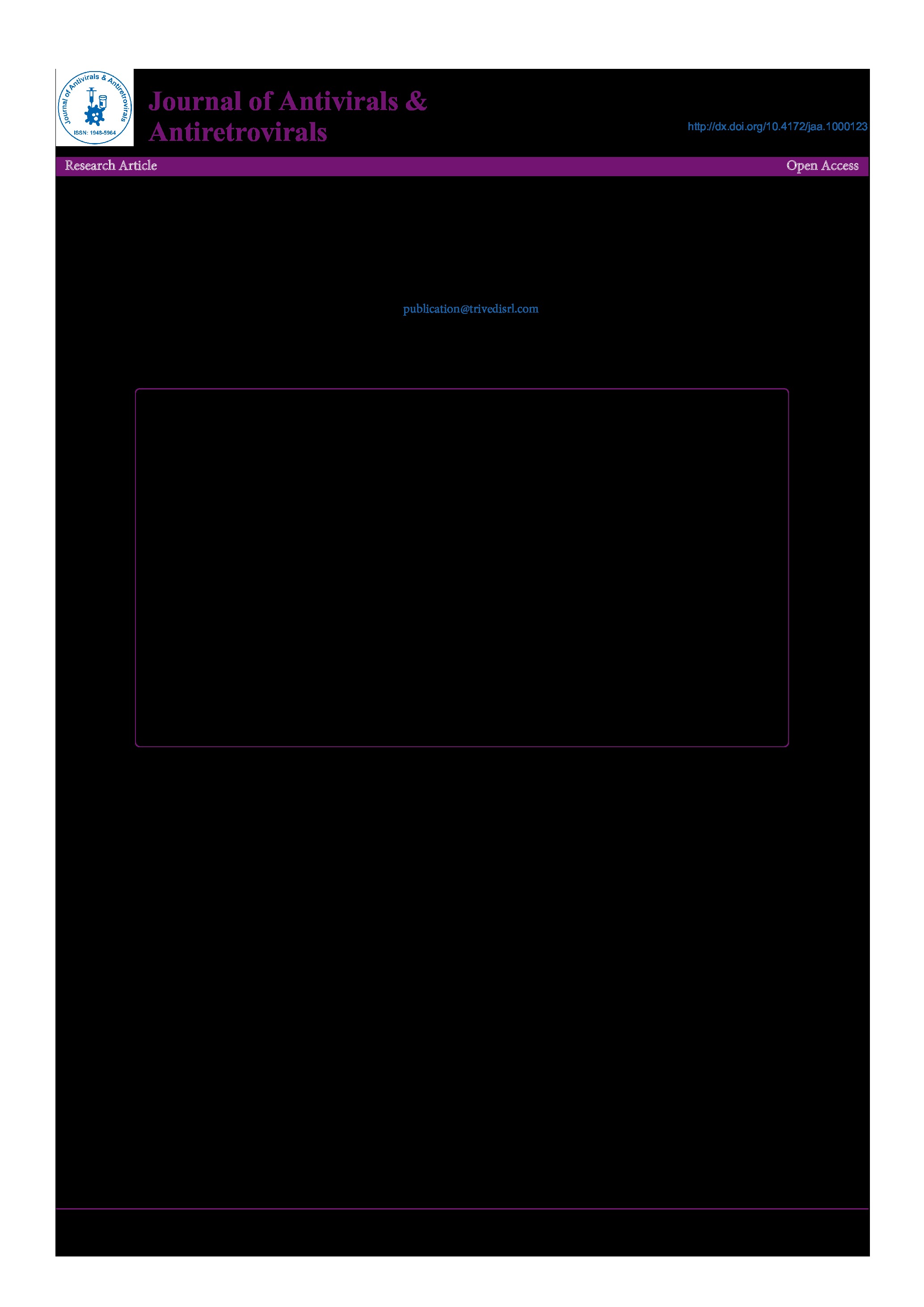Affiliation
Trivedi Global Inc., Trivedi Science Research Laboratory Pvt. Ltd.
Main category
Natural Sciences (Biology)
Abstract
Study background: Nowadays, hepatitis is a major challenge for clinical research, regulatory bodies, and clinicians who are trying to assess the more effectiveness of antiviral therapy against patients. Viral load count is the amount of particular viral DNA or RNA in a blood samples. It is one of the surrogate biomarker of hepatitis. High viral load indicates that the immune system is failed to fight against viruses. The aim of this study was to evaluate the impact of biofield modality on hepatitis B virus (HBV) and hepatitis C virus (HCV) in terms of viral load as surrogate marker.
Method: The viral load assay was performed on stock human plasma samples of HBV and HCV before and after 7 days of biofield treatment using Roche COBAS® AMPLICOR analyzer according to manufacturer’s instructions. Viremia (viral DNA for HBV, RNA for HCV) was considered as surrogate marker for assessment of the impact of Mr. Trivedi’s biofield treatment.
Result: The viral load of HBV DNA in infected plasma samples showed a significant alteration in the biofield treated group as compared to control. Additionally, viral load count of HCV RNA in infected plasma samples was significantly reduced by 67% in the biofield treated group as compared to control. As the biofield treatment has significantly reduced HCV RNA, it could be beneficial for particularly HCV infected populations.
Conclusion: Altogether, data suggest that biofield treatment has significantly alteration in HBV and reduced the viral load count in HCV infected plasma samples and could be a suitable alternative treatment strategy for hepatitis patients in near future.
DOI
10.18147/smn.2016/paper:248
Do you have problems viewing the pdf-file? Download paper
here
If the paper contains inappropriate content, please
report the paper. You will be redirected to the landing page.
